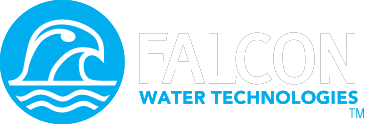A culmination of decades of being at the forefront of national sustainability initiatives, Greenthink by Rick Fedrizzi, CEO and founding chair of USGBC, puts forth an argument that is as controversial as it is clear: leverage the motive of profit to save the world—and its humans—from environmental catastrophe.
For decades, he notes, environmentalists and the private sector have been at odds. Activists have decried the impact of industry on the environment. Business leaders, meanwhile, resent environmentalists for “job-killing regulations.” But in Greenthink, Fedrizzi turns conventional wisdom on its head by showing how profit can save the planet, and how sustainability is the biggest business opportunity of the 21st century.

To prove his point, Rick calls on his decades of experience as a marketing executive for United Technologies Carrier Corporation, then as head of USGBC, where he pioneered the green building sector, an industry that has had an immediate and measurable impact on reducing greenhouse gas emissions and driven vast innovation in architectural design, engineering practice and materials development in product manufacturing. The creation of USGBC’s LEED, the most widely used green building rating system in the world, helped create a market that didn’t exist 20 years ago and now anchors an industry expected to be valued at more than $3 billion by 2020. Rick has spent nearly his entire career working to bridge the polarized divide between environmentalists and business, because, as he rightly puts it, “they both will share the same fate.”
Original article published on the USGBC’s blog and you can read it here.


